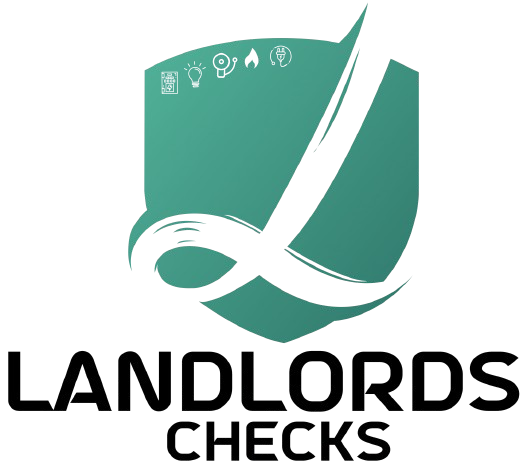Most landlords take the initiative to ensure the security of their occupants, which is an excellent contribution to the housing market. But a small percentage don’t, endangering their tenants as a result.
Landlords in England are required to have the electrical installations in their properties inspected and tested by a certified and competent person at least every five years under the Electrical Safety Standards in the Private Rented Sector (England) Regulations 2020.
The Electrical Safety Standards in the Private Rented Sector (England) Regulations 2020, as they are officially known, went into effect on April 1st, 2020.
What do the regulations entail in terms of landlords?
Landlord responsibilities are outlined in the required EICR certificate legal requirement. In England, all private landowners are obligated to:
- Make sure the electrical safety regulations are met during the time the residential property is occupied under a tenancy,
- Make sure that a qualified person regularly inspects and tests each electrical installation in the residential building (regular intervals are every five years unless a report from an inspection and test specifies sooner).
Landlords are required to do the following when the inspection and testing are completed:
- Obtain a report from the qualified individual conducting the inspection and test, which will include the results and the date of the subsequent one (EICR)
- Within 28 days following the inspection, deliver a copy of the report to each current tenant occupying the space.
- Within seven days of receiving a request, deliver a copy of the report to the local housing authority.
- Keep a copy of the report and give it to the qualified individual conducting the subsequent inspection and test.
- Provide new tenants with a copy of the most recent report upon request and potential tenants.
What happens during an electrical inspection and test?
A fully qualified and registered engineer should conduct Electrical Installation Condition Reports (EICRs), sometimes known as “periodic inspections.” The inspection’s objectives are to:
- Look for any possible electric shock or fire threats.
- Find any electrical work that is flawed.
- Check for any bonding or earthing issues.
- Identify any electrical equipment or circuit overloads.
Since only certificates provided by competent individuals will be accepted by local authorities and letting brokers, landlords must ensure that a certified electrical engineer performs their examination.
The engineer will document any damage, flaws, or hazardous circumstances in an EICR register. The electrical installation will be labeled as “unsatisfactory,” and corrective action will be needed if the property is considered dangerous.
What requirements must the electrical installation fulfill?
The 18th edition of the Wiring Regulations outlines the requirements that must be completed.
According to the Regulations, a landlord must ensure that EICR certificate legal requirements are met and that, if the report calls for it, investigative or remedial work is done.
What will the report reveal?
For prolonged use, the electrical installation ought to be secure. In reality, the landlord won’t have to perform any further work if the report doesn’t call for investigative or corrective action.
Inspectors will use the following classification codes to identify areas where a landlord has to make repairs.
Code 1 (C1): Danger, code 1. The threat of harm. Before leaving the property, the electrical inspector may make any C1 risks safe.
Code 2 (C2): Potentially risky or dangerous.
Further Investigation (FI): Immediate need for additional research.
Code 3 (C3): A recommendation for improvement. The report can be considered satisfactory without further corrective effort.
Do newly constructed homes require an EICR to be rented out?
Newly constructed homes must have a certificate of electrical installation (EIC). On request, an EIC can be given to renters and the local government, after which no additional checks are required for five years following the EIC’s issuance.
Does a landlord need permission to enter the property to check the electrical system?
Prior to any scheduled visits to the rental property, landlords and letting agents must provide renters with at least 24 hours prior notice. Without the tenant’s permission, the landlord, leasing agent, or any contractors are not permitted to enter the rental property.
Most tenants should be willing to allow an inspection because electrical checks are legally required, although they prefer to be present.
What is the penalty for dangerous electric systems?
The landlord must take the recommended measure after receiving a remedial notice from the local authorities if they consider the landlord violates the regulations’ requirements.
The local authority may issue a notice of intent to levy a monetary fine if they have determined, beyond a reasonable doubt, that a private landlord has violated their obligations under regulations. The local council decides what this fine will be, but it cannot be more than £30,000.
What does this mean for a landlord?
It is crucial for landlords and renting agents to understand and address their legal obligations regarding electrical systems and make sure that the proper inspection procedures are in place in all privately rented properties.





